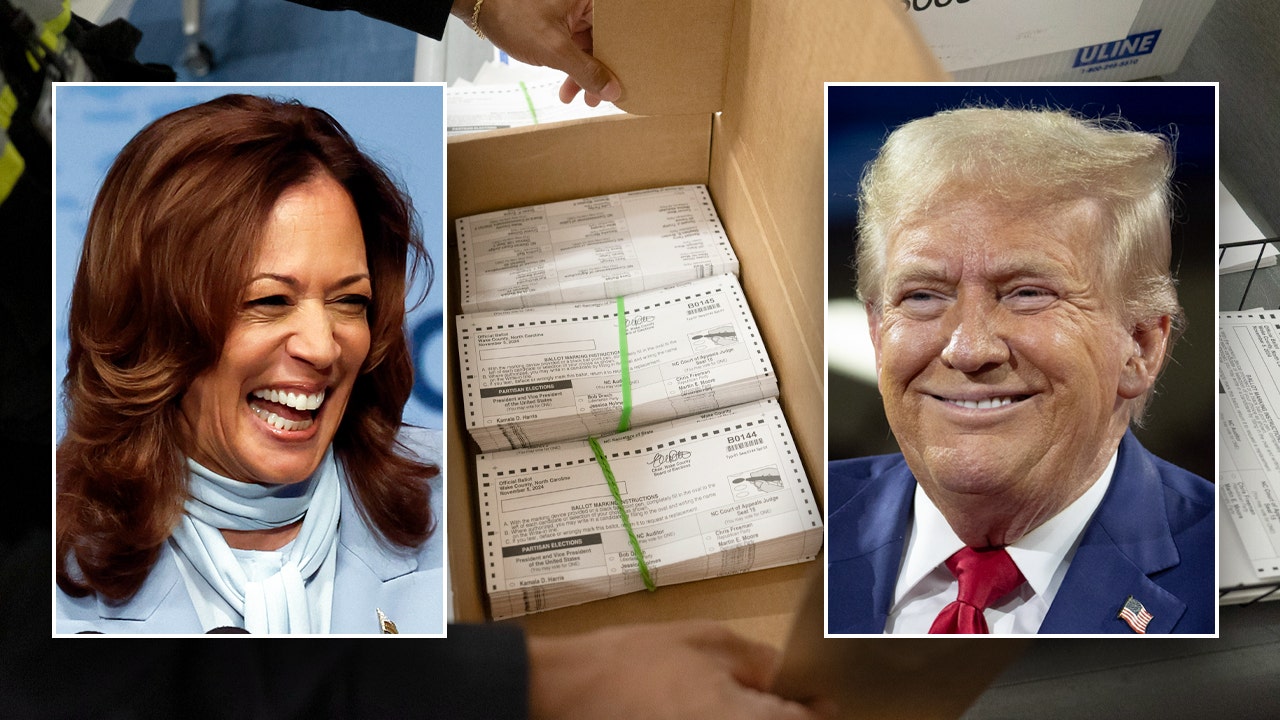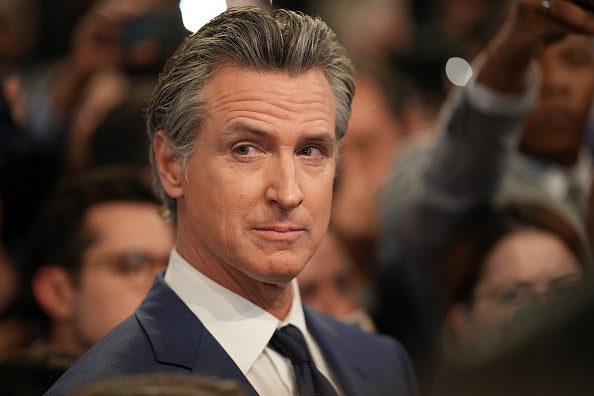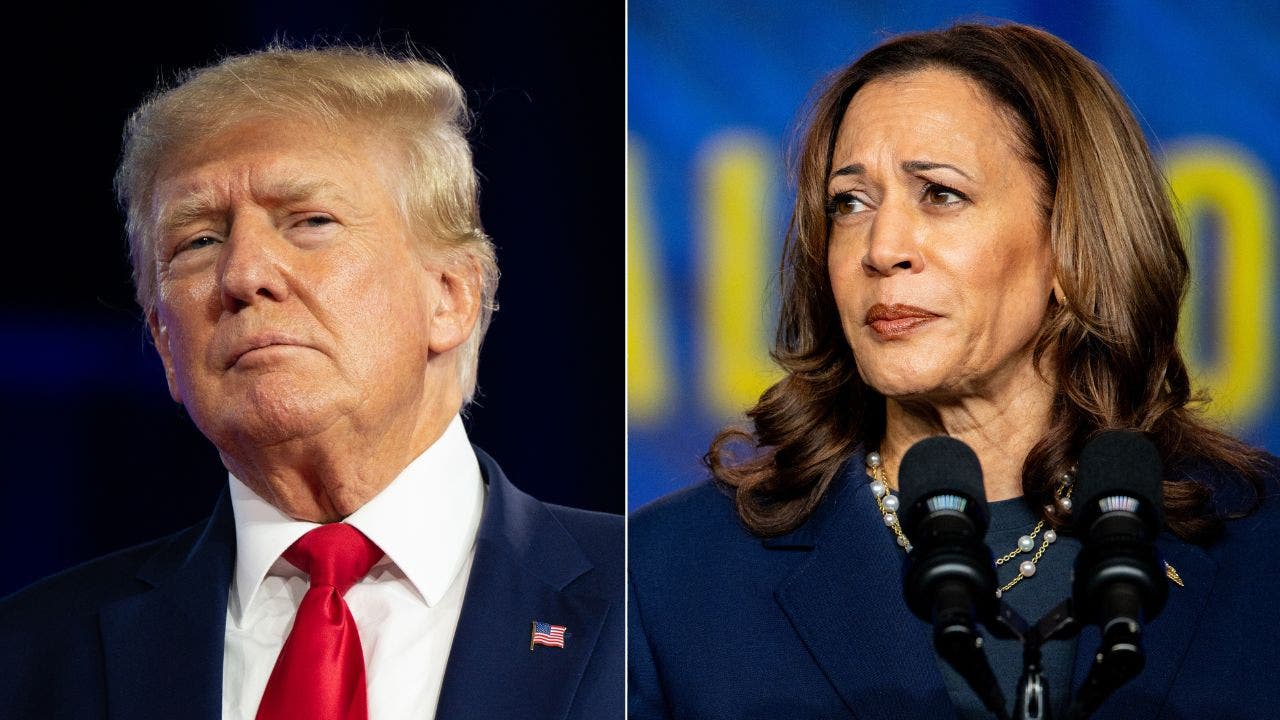California lawmakers don’t know for sure how big their budget deficit is, but on Thursday they decided it’s big enough to go ahead and reduce spending by about $17 billion.
The vote represents a preemptive strike from Democratic Gov. Gavin Newsom, who is trying to get ahead of a stubborn shortfall that has been increasing every month and will likely extend into next year and beyond — when the second-term governor could be eyeing a campaign for the White House.
In his first term in office, Newsom enjoyed a series of historic surpluses and oversaw a vast expansion of government services. But that growth ended last year, when the state had a shortfall of nearly $32 billion.
Things got worse in January when Newsom announced another deficit of $38 billion. The nonpartisan Legislative Analyst’s Office said the shortfall was actually $58 billion because they said Newsom should have included some reductions in public education spending. Then in February the LAO updated its deficit estimate to $73 billion after state revenues continued to come in below projections.
Since then, Newsom and his Democratic allies in the state Legislature have been doing everything they can to make that deficit smaller. Last month, they raised a tax on the companies that manage the state’s Medicaid program to bring in an extra $1.5 billion.
Assemblyman Jesse Gabriel, chair of the Assembly Budget committee, smiles as a measure to reduce the state deficit is approved the Assembly at the Capitol in Sacramento, Calif., Thursday, April 11, 2024. Both houses approved the bill that takes a number of steps to reduce the state budget deficit by about $17 billion. Gov. Gavin Newsom has said the deficit is about $38 billion. (AP Photo/Rich Pedroncelli)
There were no headline-grabbing cuts in the reductions lawmakers approved on Thursday. Despite California’s recent budget woes, the Democrats in charge have refused to raise income taxes or impose steep cuts to the most expensive programs, including health care and public education.
Instead, most of the savings comes from either cancelling or delaying spending that was approved in previous years but hasn’t yet been spent. It also relies on a number of accounting tricks to make the shortfall appear smaller, including shifting paychecks for state workers by one day from June 30 to July 1 so the state can count $1.6 billion in salaries for the next fiscal year.
By doing this, Democrats are betting California’s budget problems are only temporary. The state is known for wild swings in revenue, especially given its overreliance on wealthy taxpayers who make most of their money from the stock market.
“We’re trying to make thoughtful choices here,” said Jesse Gabriel, a Democrat and chair of the Assembly Budget Committee. “At the same time, from my perspective one of the worst outcomes here would be to make a cut to a critical program that serves our most vulnerable folks and to later realize that you didn’t need to make that cut.”
Republicans have long complained about Democrats’ approach to the budget deficits, arguing lawmakers should make structural changes to the state’s spending to better align with the reality of the state’s revenues. On Thursday, Republican Assemblymember Vince Fong declared it “only pushes this crisis into the future.”
Still, Democrats have been saying for months they will likely be forced to make “tough decisions” on the budget later this year. The LAO has projected a deficit of $30 billion next year, which would be the third consecutive year of a multibillion-dollar shortfall.
“We’re not going to solve this problem anymore by just stopping one-time spending,” Democratic Assemblymember Cottie Petrie-Norris said.




